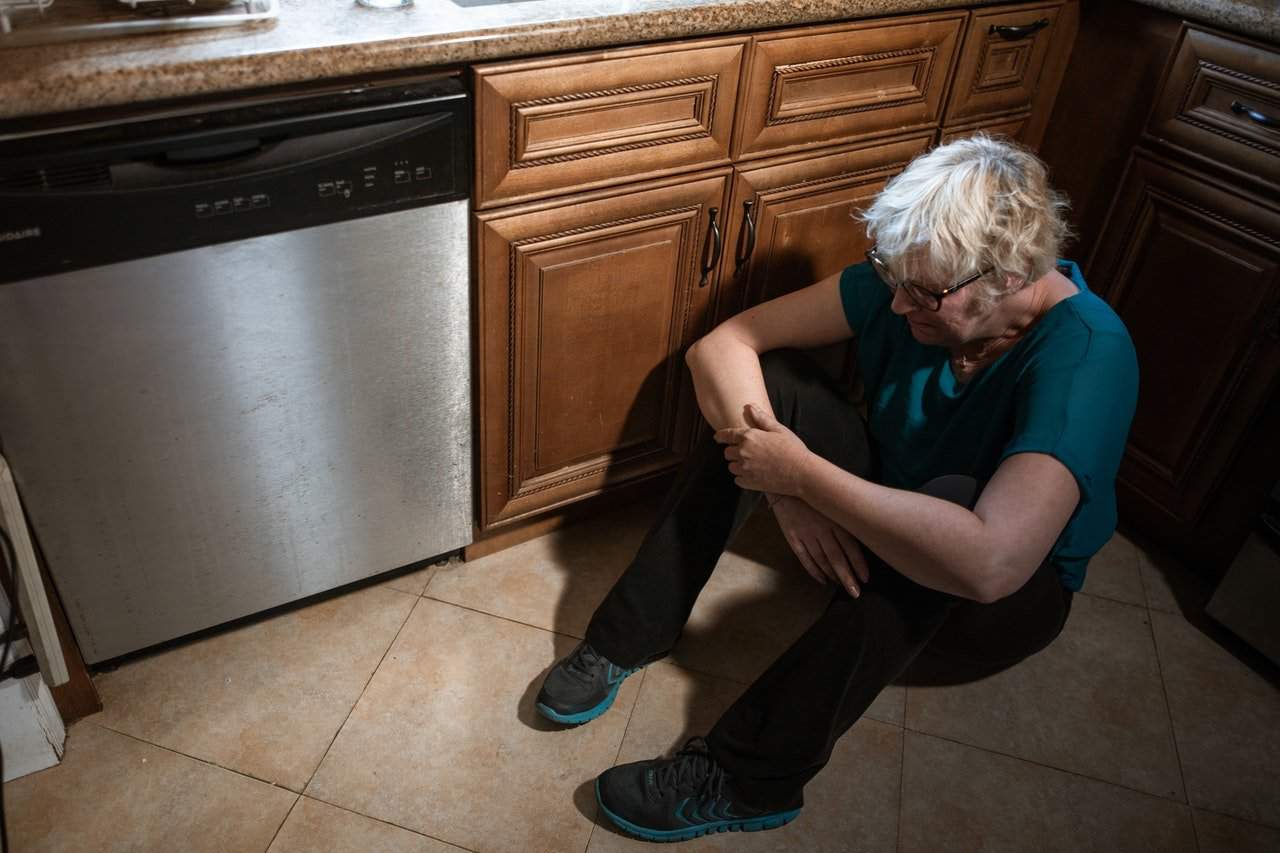Though great progress has been made in recent years in shedding light on the high incidence of domestic assault plaguing Canadian and American families, talking openly about the impacts of domestic assault on everyone involved is still very stigmatized.
This makes it difficult to talk candidly about the legal realities facing families where a member has been charged with this offence, which can make reconciliation harder and leave lasting scars for parents and children alike.
In this blog, we will discuss what domestic assault charges involve, and what options are open to both parties as the case makes its way through the justice system.
Understanding Domestic Assault Charges
Contrary to popular belief, “domestic assault” is not, in most jurisdictions, a formal offense. Instead, assault against a current or former spouse, common-law partner, or dating partner is treated as an aggravating factor in a regular assault charge.
Due to the seriousness of domestic assault, it is often possible for charges to be laid without independent evidence, which means that charges can be laid by police based on the testimony of a single partner.
Because of the broadness of assault itself is a category (threats, accidental contact, and even heated arguments can lead to charges), it is possible for a person to have charges laid without understanding the full implications of their decision. Once the law is involved, it is often nearly impossible for the partners to communicate due to concerns about safety.
For this reason, both parties should make sure they have legal advice to help them understand the process they have begun, and especially for the partner against whom charges have been laid to hire a defense lawyer who understands this thorny and complex area of law.
What Happens After Charges are Laid?
One of the things that makes domestic assault charges so complex is that after they have been laid, they can’t be dropped — even if the person who originally gave testimony changes their mind.
But there are plenty of cases where charges have been deemed too trivial to be brought to trial, or where a pre-trial resolution is possible. Even if a guilty plea is made, an absolute or conditional discharge may be possible if the court rules that the incident was an isolated one and the defendant shows little risk of re-offending.
One of the reasons it is so important for the party who has been charged to have an experienced criminal lawyer representing them is so they can explore all the avenues available to resolving the case in a way that does minimal damage to both parties.
Domestic assault tears families apart, and our legal systems rightly treat violence against the innocent as a serious matter. But once the law gets involved and the case is out of the plaintiff and defendant’s hands, charges can lead to outcomes neither party wants, which is why it is essential that you have the right legal representation if you are to navigate the complicated and impersonal bureaucracy of law.

